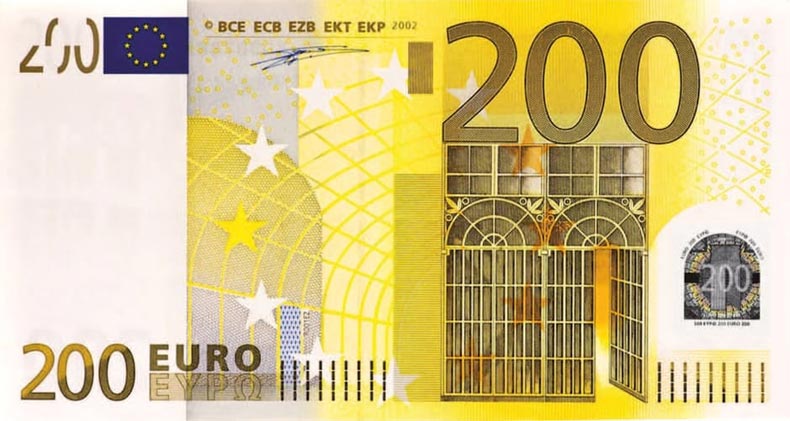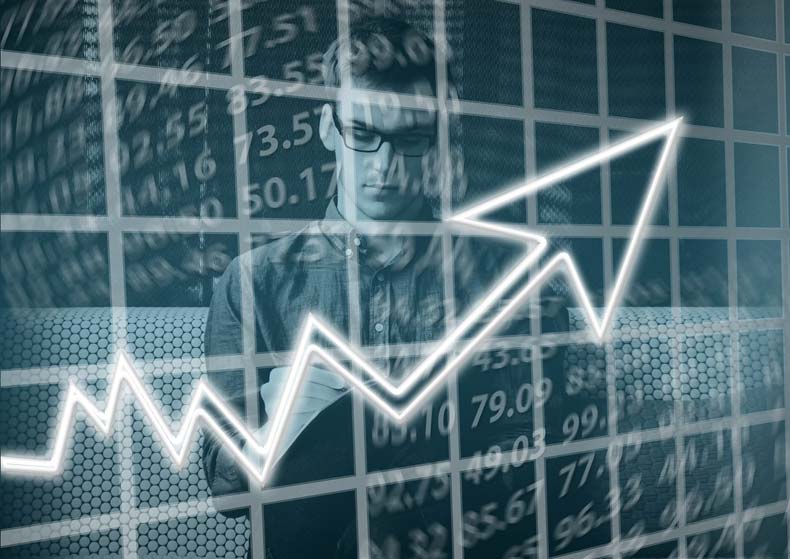As an entrepreneur, you like to do things for yourself. If you are someone who likes to invest for himself or herself, Forex trading may be just what you’re looking for.
If you’ve never heard of Forex trading, the word “Forex” stands for “foreign exchange” Forex trading means the buying or selling of one country’s currency in exchange for another. The Forex market is where these exchanges take place. Other terms synonymous with Forex include the following:
- FX
- Foreign-exchange market
- Currency market
- The Forex Market

The Forex market consists of the global, over-the-counter exchanges where investors, traders, banks, and other institutions speculate on, buy, sell, and exchange world currencies. This market represents the largest, most liquid financial market in the world, far outstripping the stock market, and accounting for over $5 trillion U.S. dollars each day.
The Forex market is not a centralized marketplace. Instead, major financial centers trade currencies in many locations throughout the world, including the following:
- New York
- London
- Tokyo
- Zurich
- Hong Kong
- Paris
- Sydney
- Frankfurt
- Singapore
With trades going on in virtually every time zone across the world, the Forex market is open 24 hours a day, five days a week. You do all your trading online via worldwide computer networks. The Forex market generally is extremely active regardless of your local time of day or night, and price quotes constantly change.
Spot Market
While you can buy and sell on three separate Forex markets, the spot market, the futures market, and the forwards market, most investors do their trading on the spot market. It has become the preferred market for individual investors and speculators, while the futures and forwards markets remain the choice of companies needing to hedge their foreign exchange risks out to a certain future date.
The price of any given currency at any given time depends on numerous factors, including the following:
- Current interest rates
- Historical economic performance
- The country’s political situation as seen both locally and internationally
- Perception of how the currency will perform against other currencies in the future
Currency Pairs
Since you’re trading currencies, naturally you do your trading via currency pairs. For instance, you may be trading U.S. dollars for euros or some other currency or vice versa. Each currency carries its own symbol, such as the following:
- USD – U.S. dollar
- CAN – Canadian dollar
- AUD – Australian dollar
- NZD – New Zealand dollar
- EUR – euro
- GBP – British pound
- CHF – Swiss franc
- JPY – Japanese yen
Brokers act as intermediaries, facilitating trades by providing clients access to the 24-hour interbank in order to conduct trades. You can easily find Forex Brokers for USA trades online.
Each Forex currency pair has a market price associated with it. The price tells you how much of the second currency you will have to “spend” to buy one unit of the first currency. For instance, if you see a currency pair designated as EUR/USD with figure 1.3635 after it, this means you must “spend” $1.3 U.S. dollars for every euro you buy. Conversely, you can flip the numbers to discover that each U.S. dollar costs you 0.7334 euros.

Making a Profit
How much profit you make on any given Forex trade depends on how much of the particular currency you buy at any given time. You also need to understand pips and how they work. A pip stands for Point in Percentage and refers to the second decimal place of a JPY trade or the fourth decimal place of all other trades. Many currency pairs move up or down by 50-100 pips per day. Assuming you do your homework well, and the market goes the direction you thought it would, you can make a substantial profit on any given trade, plus your overall investment strategy.